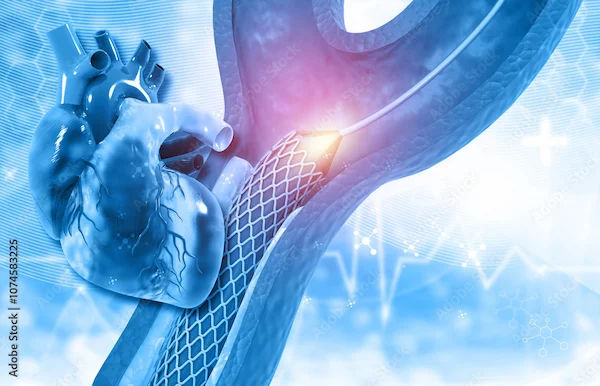- male
- 50 Years
- 20/02/2025
I'm having chest pain for the past 20 days and it's getting worse. I saw a gastric doctor, but it didn't help. I have diabetes and I'm on insulin. I just visited a pulmonologist who did a chest X-ray and gave me digestive tablets and tonic. Should I be doing more tests or is this the right way to go?
Answered by 1 Apollo Doctors
you can
Dr. Dhankecha Suggests...
Consult a Cardiologist
Answered 04/07/2025
0
0


Ask Apollo
AI powered Health Chatbot
-
Immediate Action:
- If chest pain is worsening, seek urgent medical evaluation to rule out cardiac issues.
-
Recommended Tests:
- Consider an ECG and possibly a stress test to assess heart function.
- Blood tests to check for cardiac markers and glucose control.
-
Follow-Up:
- Consult a cardiologist for further evaluation.
- Review current medications with your primary care physician to ensure they are appropriate.
-
Lifestyle Considerations:
- Monitor blood sugar levels closely.
- Maintain a balanced diet and regular exercise, as advised by your healthcare provider.
Recommended next steps
Consult a Cardiologist
Answered 10/09/2025
0
0
More Cardiology Health Queries
View allI'm really worried about my blood pressure. Is 14080 considered healthy or should I be concerned? I feel pretty stressed about it. Also, what are some ways I can work on lowering my blood pressure?
salt restricted diet , also DASH diet is advised..regular aerobic exercises are advised..
Answered by 1 Apollo Doctors
Is banana good for high blood pressure?
Bananas contain plenty of potassium, a mineral that plays a vital role in managing hypertension.
Answered by 1 Apollo Doctors
Are eggs bad for cholesterol?
Eggs contains high cholesterol but it doesn't seems to raise cholesterol the way other cholesterol foods do. You may consume them in moderation and can prefer only egg white also as it contains only proteins.
Answered by 1 Apollo Doctors
Disclaimer: Answers on Apollo 247 are not intended to replace your doctor advice. Always seek help of a professional doctor in case of an medical emergency or ailment.





